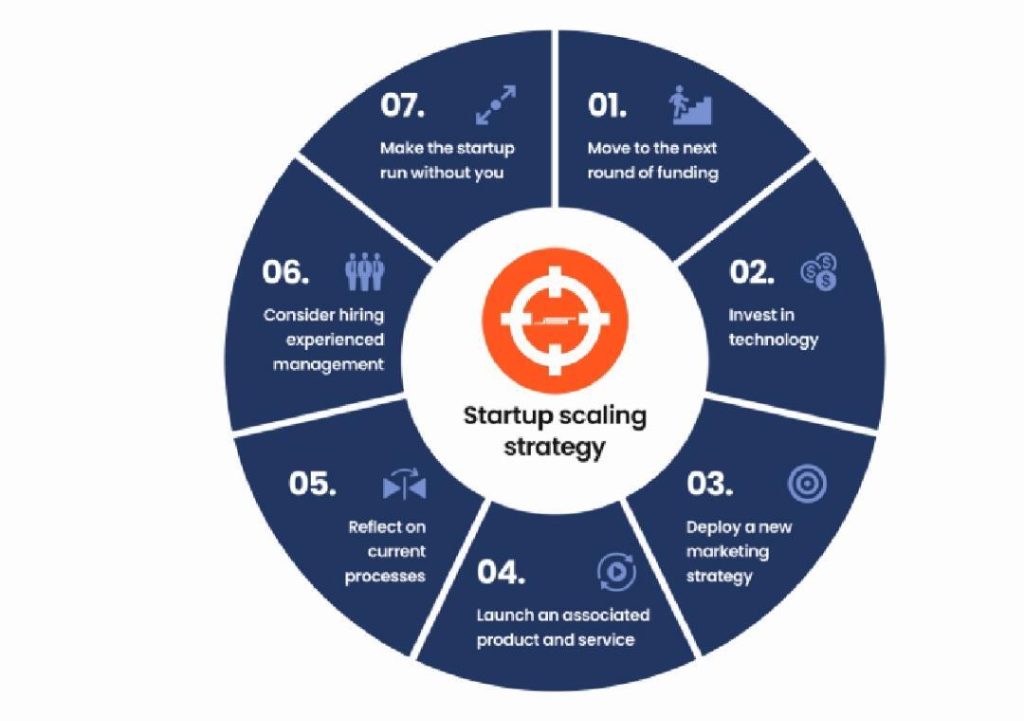
What Helps Health Startups Scale Sustainably?
Health startups have the potential to revolutionize the healthcare industry, but scaling sustainably can be a daunting task. To achieve long-term success, health startups must merge clinical expertise with agile growth tactics, validating impact early and building trust with patients and stakeholders. In this blog post, we’ll explore the key strategies that help health startups scale sustainably, including phased trials, patient feedback, regulatory compliance, and low-barrier entry models.
Phased Trials: Validating Impact Early
Phased trials are a crucial strategy for health startups, allowing them to test and refine their products or services in a controlled environment. By starting with small, focused trials, startups can quickly validate their impact and identify areas for improvement. This approach also enables startups to iterate and refine their offerings based on feedback from patients, clinicians, and other stakeholders.
Phased trials not only help startups validate their impact but also reduce the risk of scaling too quickly. By testing and refining their products or services early on, startups can avoid costly mistakes and ensure that they’re on the right path to success.
Patient Feedback: The Key to Unlocking Success
Patient feedback is essential for health startups, providing valuable insights that can inform product development and refine the patient experience. By incorporating patient feedback into their growth strategy, startups can ensure that they’re meeting the needs of their target audience and building a loyal patient base.
Patient feedback can be collected through various channels, including surveys, focus groups, and online reviews. Startups can also use data analytics to identify trends and patterns in patient feedback, enabling them to make data-driven decisions and optimize their products or services.
Regulatory Compliance: The Foundation of Trust
Regulatory compliance is critical for health startups, as it ensures that their products or services meet the highest standards of quality and safety. By prioritizing regulatory compliance, startups can build trust with patients, clinicians, and other stakeholders, demonstrating their commitment to delivering high-quality care.
Regulatory compliance can be achieved through a combination of internal processes and external certifications. Startups can also work closely with regulatory bodies to ensure that they’re meeting the latest standards and guidelines.
Low-Barrier Entry Models: Building Trust and Streamlining Scaling
Low-barrier entry models, such as freemium, can be an effective way for health startups to build trust and streamline scaling. By offering a basic version of their product or service for free, startups can attract a large user base and generate revenue through premium offerings.
Low-barrier entry models also provide startups with valuable insights into patient behavior and preferences, enabling them to refine their offerings and build a loyal customer base. By offering a range of pricing tiers, startups can also ensure that their products or services are accessible to a wide range of patients, regardless of their socioeconomic status.
Freemium: A Low-Barrier Entry Model
Freemium is a popular low-barrier entry model that involves offering a basic version of a product or service for free, with premium features available for a fee. This model can be effective for health startups, as it allows them to attract a large user base and generate revenue through premium offerings.
Freemium can also provide startups with valuable insights into patient behavior and preferences, enabling them to refine their offerings and build a loyal customer base. By offering a range of pricing tiers, startups can also ensure that their products or services are accessible to a wide range of patients, regardless of their socioeconomic status.
Subscription-Based Models: Scaling Revenue
Subscription-based models can be an effective way for health startups to scale revenue and build a sustainable business. By offering patients a recurring subscription, startups can generate a steady stream of revenue and ensure that they’re able to deliver high-quality care to their patients.
Subscription-based models can also provide startups with valuable insights into patient behavior and preferences, enabling them to refine their offerings and build a loyal customer base. By offering a range of pricing tiers, startups can also ensure that their products or services are accessible to a wide range of patients, regardless of their socioeconomic status.
B2B Deals: Scaling Revenue through Partnerships
B2B deals can be an effective way for health startups to scale revenue and build a sustainable business. By partnering with other healthcare organizations, startups can access new markets, increase their revenue, and build a loyal customer base.
B2B deals can also provide startups with valuable insights into patient behavior and preferences, enabling them to refine their offerings and build a loyal customer base. By offering a range of pricing tiers, startups can also ensure that their products or services are accessible to a wide range of patients, regardless of their socioeconomic status.
Conclusion
Scaling sustainably is a critical challenge for health startups, but by merging clinical expertise with agile growth tactics, they can build a strong foundation for long-term success. By running phased trials, integrating patient feedback, ensuring regulatory compliance, and using low-barrier entry models like freemium, health startups can validate impact early and build trust with patients and stakeholders. This foundation builds trust and streamlines the shift to scalable revenue through subscriptions or B2B deals.
At GrowthJockey, we’re committed to supporting health startups as they scale revenue and impact. Our team of experts provides guidance on growth strategy, product development, and revenue growth, helping startups build a sustainable business. To learn more about how we can support your health startup, visit our website at [insert website URL].






